Who would you rather have a beer with, Tucker Carlson or David Pressman? The alternative answer, of course, is that you would have a beer with just about anyone in this heatwave as long as it is not warm (the beer I mean). In any case, the two US guests in Budapest couldn't be any more different Americans. They both arrived as guests, a status Mr Pressman would do well to remember. But while Carlson, the daredevil reporter – whose recent interview with Donald Trump was watched by some 160 million people – was actually invited to the Hungarian capital, the scandal-ridden US ambassador was sent, exactly a year ago, by President Joe Biden and the circles behind him. This week marks a year since Mr Pressman’s plane landed in Budapest.
Like all US ambassadors to Budapest over the past 30 years, Pressman is a political appointee, a Democratic Party stalwart. His party is currently a prisoner of "woke" fever and gender ideology. Until 2022, the US ambassadors who have visited the Hungarian capital in recent decades were mostly laymen who managed to snatch this diplomatic post in exchange for campaign contributions or thanks to personal connections in high places. The post itself can be described as moderately difficult at best in one of the world's most livable capitals. Since the 1990s, we have met ambassadors from all walks of life a Hollywood screenwriter, a New York jeweler, an elderly relative of a former president, a university friend of another, a lover of the sister-in-law of a third.
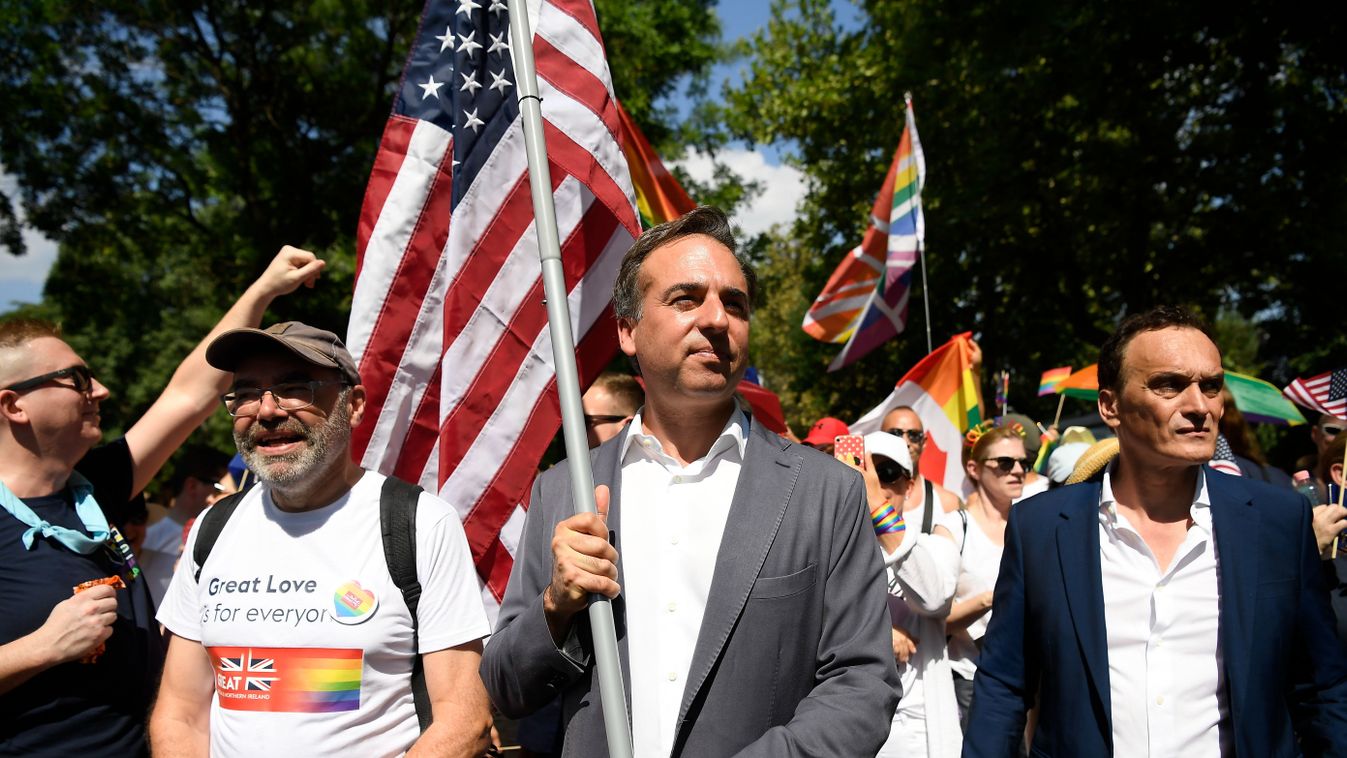
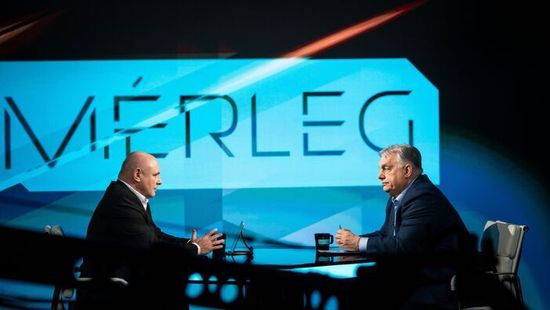


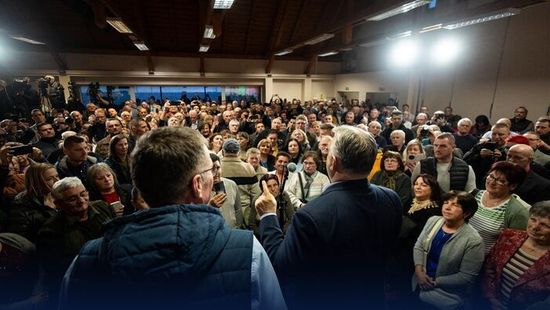

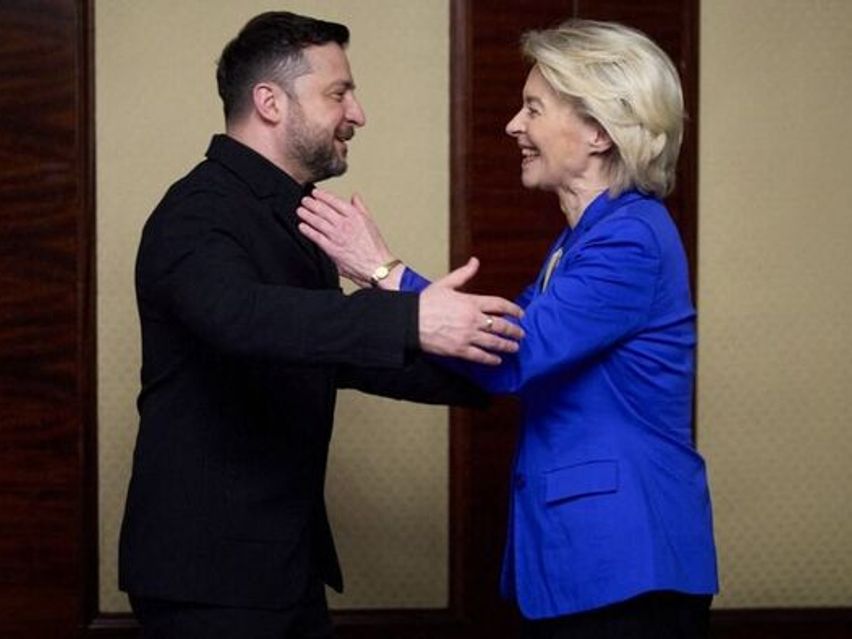


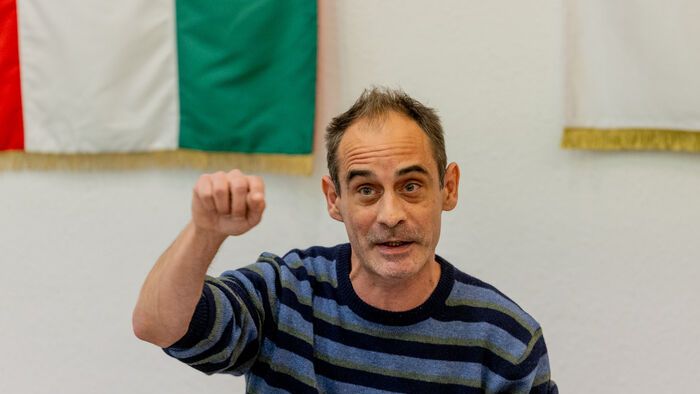

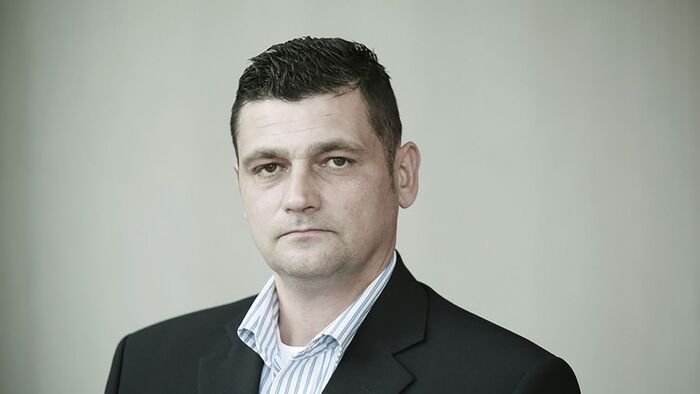
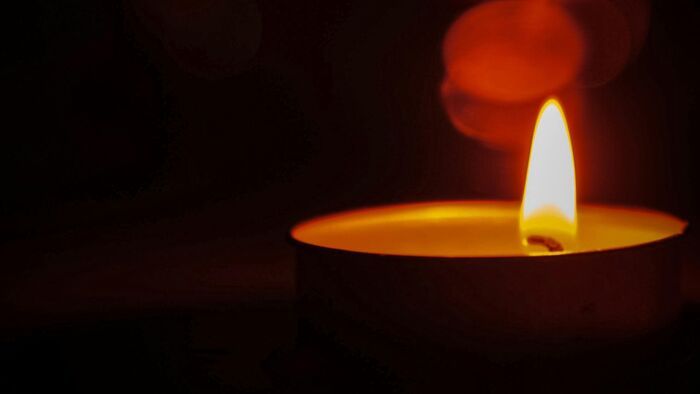

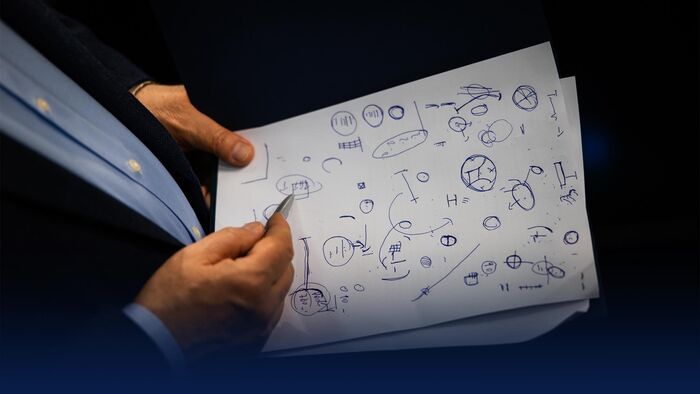

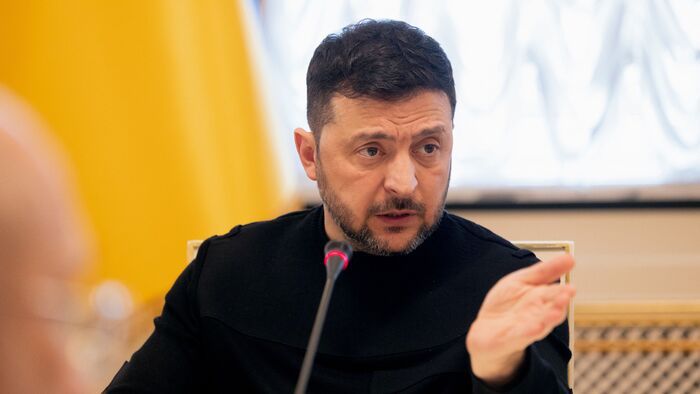
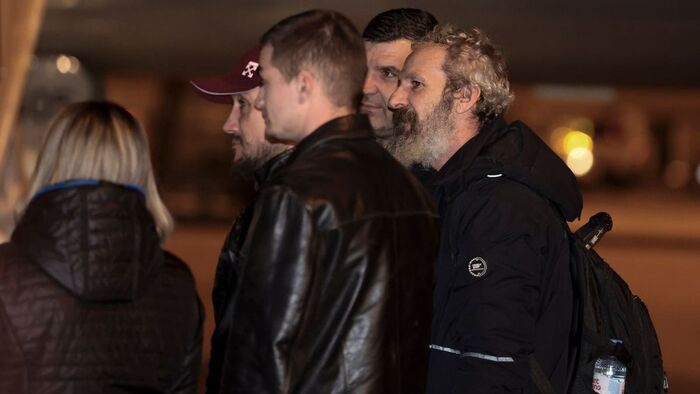


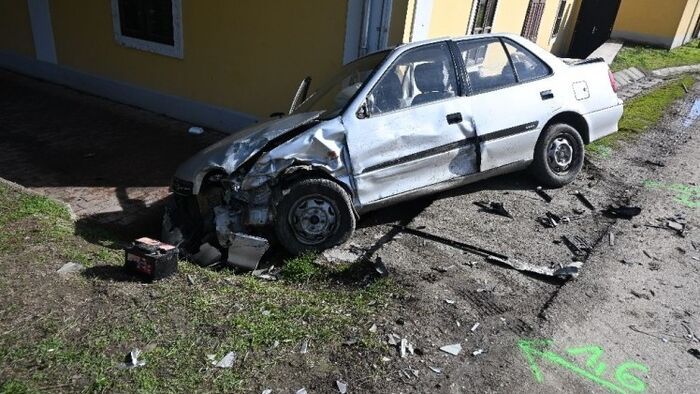

Szóljon hozzá!
Jelenleg csak a hozzászólások egy kis részét látja. Hozzászóláshoz és a további kommentek megtekintéséhez lépjen be, vagy regisztráljon!